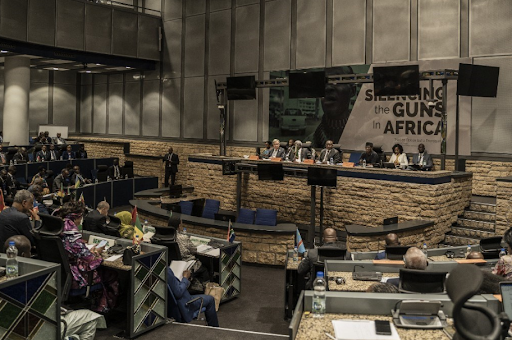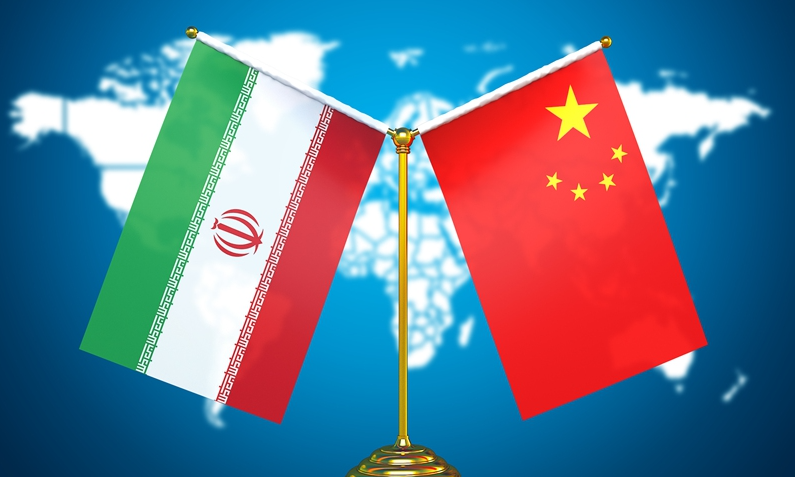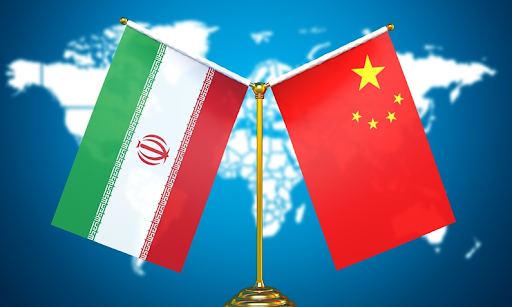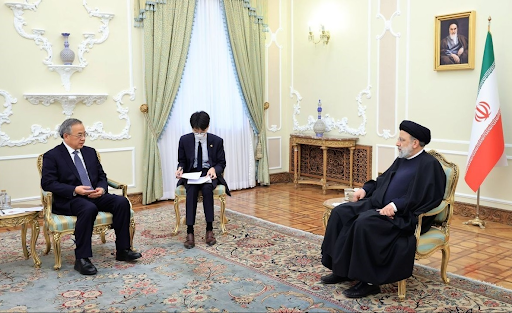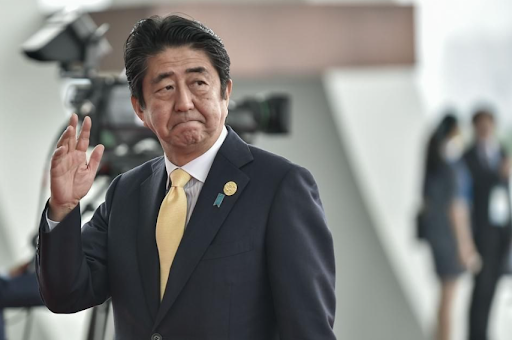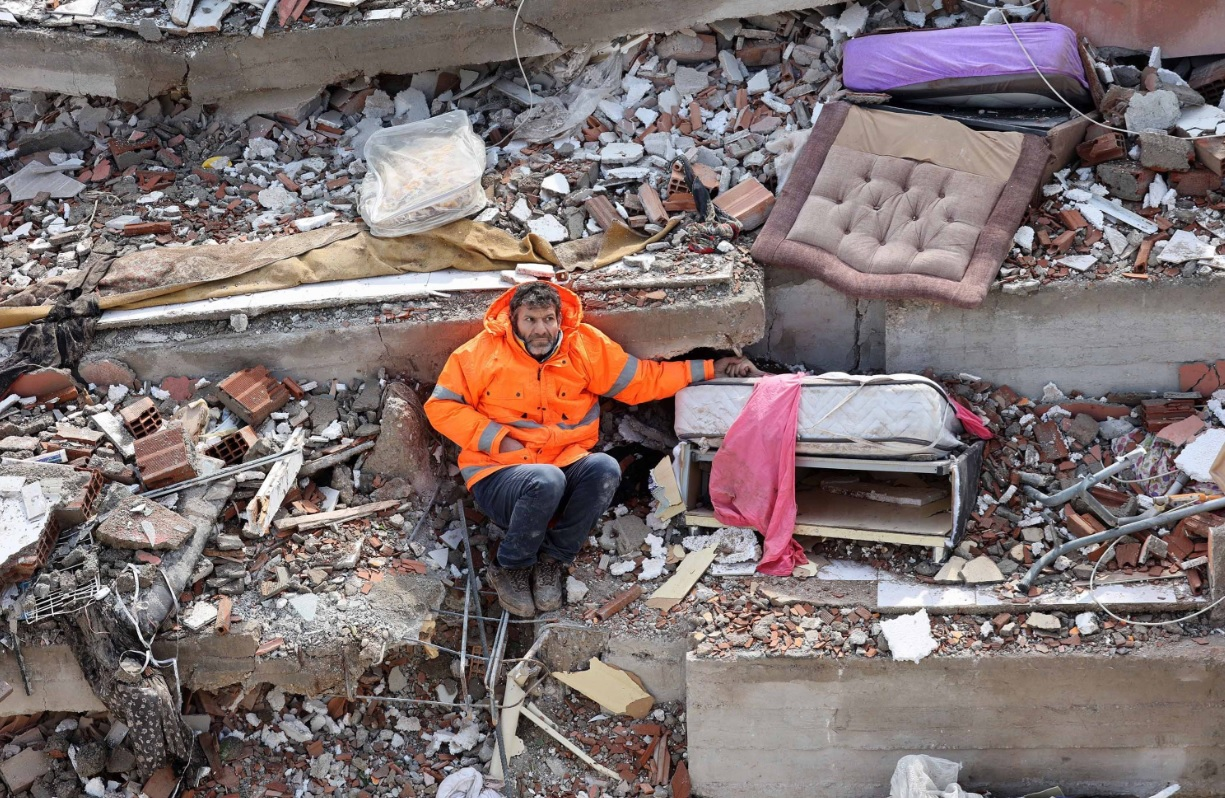
The 36th summit of the African Union.. What is on its agenda?
A number of challenges are facing the African summit, most notably considering the file of the Grand Ethiopian Renaissance Dam, as well as the frozen memberships of countries, including Sudan.
There will also be closed sessions to adopt the agenda, and to hear reports on the state of peace and security, and the African Free Trade Area, in addition to other files related to the evaluation of the implementation plan for the first decade of Africa's Vision 2063, and the reform of the United Nations Security Council.
In a speech, the Chairman of the African Union Commission, Moussa Faki, said, "What is required is to activate the African Free Trade Area quickly to meet the various challenges," adding that the continent's partners "impose strict conditions for financing our various projects."
Faki also called for "the necessity of reforming global governance that excludes Africa from the Security Council," noting that "some of the goals adopted by the continent have not been achieved due to the lack of political will among some."
The Chairperson of the African Union Commission warned of the expansion of terrorism in Mali, Burkina Faso and Chad, explaining the need for international solidarity with the affected countries.
For his part, the Ethiopian Prime Minister said in his speech that "Africa must be represented in the Security Council with at least one permanent seat and two non-permanent seats."
In turn, UN Secretary-General Antonio Guterres said, "The Russian-Ukrainian war has directly affected the lives of the African people, who bear the greatest challenges," he said.
Guterres considered that "Africa needs international financing to relieve the burden of debt burdened with it," calling on the other hand for the return of the democratic path in Sudan, Mali and Burkina Faso.
And the Ethiopian Foreign Ministry announced earlier that the leaders of 36 African countries confirmed their attendance at the summit, which begins with an open session that includes several speakers, most notably Senegalese President Macky Sall, head of the ending session of the Union, and President of the Comoros Ghazali Osmani, head of the next session, in addition to the Secretary-General of the United Nations.

